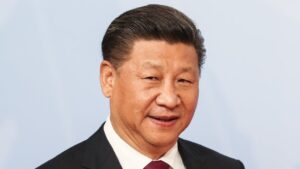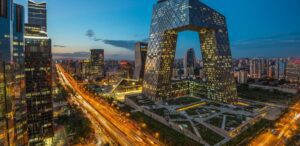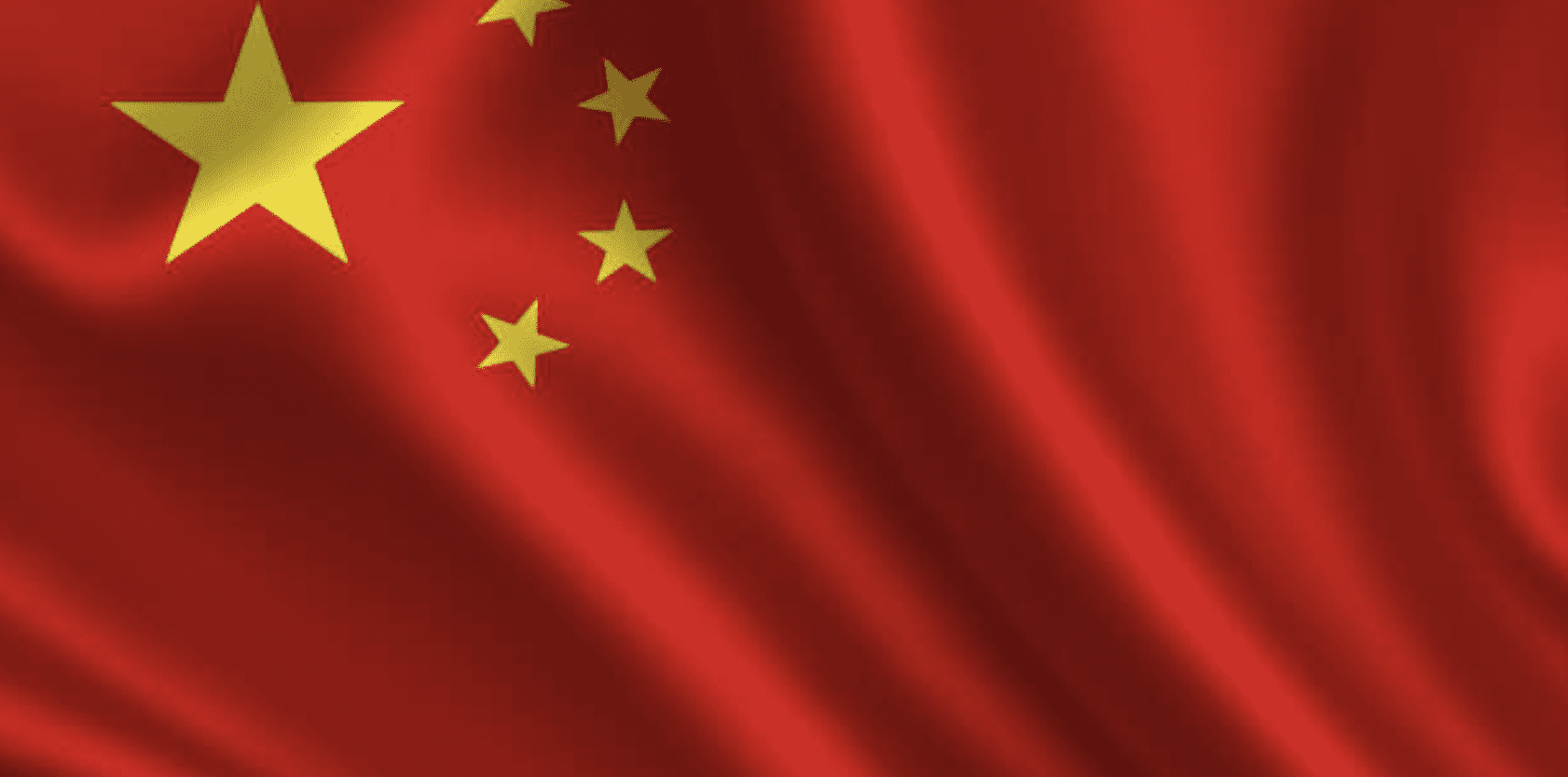China’s Economy: What’s Eating the Dragon?
Xi Jinping is heading into his party Congress in Beijing with unpopular covid policies, the failing of China’s economy, and Taiwan as hot topics
The Five-Year Party Congress is coming up in October for Xi Jinping. The Chinese Communist Party has its People’s Congress every five years, and the party announces a new five-year plan for the country at that time. At the last Congress, Xi Jinping made himself the leader of China, essentially for life, and he consolidated power by putting several of his enemies out of the party or at least in severely reduced roles. He surrounded himself with loyalists so that he could rapidly roll out his agenda, an agenda which includes reunification with Taiwan. However, five years later, things aren’t looking so good for China’s economy and the country Xi Jinping has built. And now, party insiders are questioning his leadership. Between the lockdowns and political unpopularity both within the CCP and in the public, it appears that Xi Jinping is surrounded by problems. China’s Economy is faltering and civil unrest abounds. So, what is eating the great dragon of the East?

Xi Jinping @ Getty Images
Real Estate Comes Tumbling Down
China’s real estate sector, the only way the average Chinese person could store wealth, is in the middle of a collapse. The Chinese real estate market collapse is far bigger than the 2008 mortgage-backed-security crisis in the United States. Real Estate companies in China would take deposits on new properties they had not built and then use that money to start more projects rather than finish the projects they had already committed to building. This has turned China’s big real estate firms into Ponzi schemes at best and weak giants at worse.
Evergrande is the classic case of a real estate company that borrowed far more money than it should have and is now essentially in government receivership. However, with empty apartment buildings dotting the country and people refusing to pay mortgages on unfinished properties, the real estate debt bomb in the Chinese market is only beginning.
Many argued that China has had a debt problem for 10 years, but few took it seriously. Now, it is obvious that China has an issue and but, because the numbers are unreliable, we don’t really know how far that debt problem really goes. The real estate bubble is just the tip of the iceberg.
The Export Trap Destroying China’s Economy
The zero-Covid policy has created havoc for the Chinese people and global supply chains. Goods are not moving out of China as fast as the world demands them due to the various shutdowns Beijing continues to push on the country. Even if China’s factories were open and working, China has fallen into something that many developing countries fall into; the export trap.
The Export Trap is when a country’s economy becomes so dependent on exports and bringing in foreign capital that it never truly develops a domestic market for its goods. Japan suffered from this in the 1980s. Japan was the East Asian country that was going to own the world. However, the country was deeply dependent on exports and had weak consumer demand within its borders. After its real estate collapse in 1991, Japan struggled to get its economy moving again and the resulting deflation raised the price of exports, which undermined their export economy.
China is facing a similar problem. For China, the problem is two-fold, they don’t have enough consumer demand for their products at home, and American companies are looking at reshoring much of their manufacturing either to the United States or to Canada and Mexico. This exodus will undermine China’s position as the world’s workshop and will further damage its economic output.
China also has flagging domestic demand for its products, which leaves it with a tremendous trade surplus and the government unable to achieve its goal of reducing its dependency on exports. China also has a real estate crisis in its hands. These two factors could do to China what it did to Japan 30 years ago: grind the economy to a halt. In Japan, this economic condition has become the ‘lost decades’. For China, the concern could be far deeper as its population ages and the results of the one-child policy reduce their population by half over the next 30 years. China could not just have a lost decade, they could have a lost century.

Beijing @ Getty Images
Taiwan
When Russia invaded Ukraine in March of 2022 and subsequently fell flat militarily, the world came together and isolated Russia in nearly every way possible. NATO expanded into countries that had opposed membership before. Ukraine received western arms and Putin’s “easy war” ground to a halt. Several commentators saw this as a sign of what would happen to China if they invaded Taiwan. Some even posited that the global response to Russia would give China pause about annexing Taiwan. This was not the case.
There has been some significant saber-rattling over Taiwan between China and the United States. House Speaker Nancy Pelosi recently visited the island, despite the protests of Beijing and warnings that there would be consequences. President Biden seemed to make overtures about Taiwan’s security. China has long complained over arms sales to the country. China seemed to amp up its rhetoric about Taiwan in the face of the Ukraine invasion. The failures of the Ukraine invasion do not seem to have chastened Beijing in any fashion.
Militarily, no one is sure how a show-down between the US and China over Taiwan would go. Chinese planes have improved, and they have drones that are just as powerful as US drones. They are moving ahead on another aircraft carrier, although they only have one, and they bought it from Russia. It has rarely sailed out of port due to technical issues. It seems, with 12 aircraft carriers and the power of the US Navy and the US Air Force, that the US could attempt to control the skies. However, it is not clear what a ground offensive would look like. China has not done an amphibious invasion before (the US has some experience in this area) and it is not clear how long the Taiwanese self-defense forces could hold out. From my view, this conflict seems like it would be over quickly with a US victory. However, the US has stretched supply lines, a problem the Chinese do not suffer from. China, in its typical military strategy, could throw enough bodies at the problem to possibly get their way. It is a conflict that would be the greatest challenge the US military has faced since WWII.
For China, the Taiwan problem is a thorn in the side of Beijing. They do not consider Taiwan independent and rather consider them a runaway province and that Taiwan is still a part of China. During the Hong Kong protests, a poll was taken in Taiwan about reunification, and the vote failed miserably. It is clear that Taiwan desires true independence and international recognition, while Xi Jinping wants to be the leader who brought them back to heel after 70 years. In his mind, he would be greater than Mao. It is expected that he will double down on this stance at the party congress this fall.
Conclusions
China’s economy is facing some headwinds. There are problems for the great dragon, both within and without. How Xi Jinping navigates them, or if he even gets to navigate them, remains to be seen. However, it appears that China’s story has hit a rough patch. The world is watching and waiting to see what the great dragon of the East will really do.


